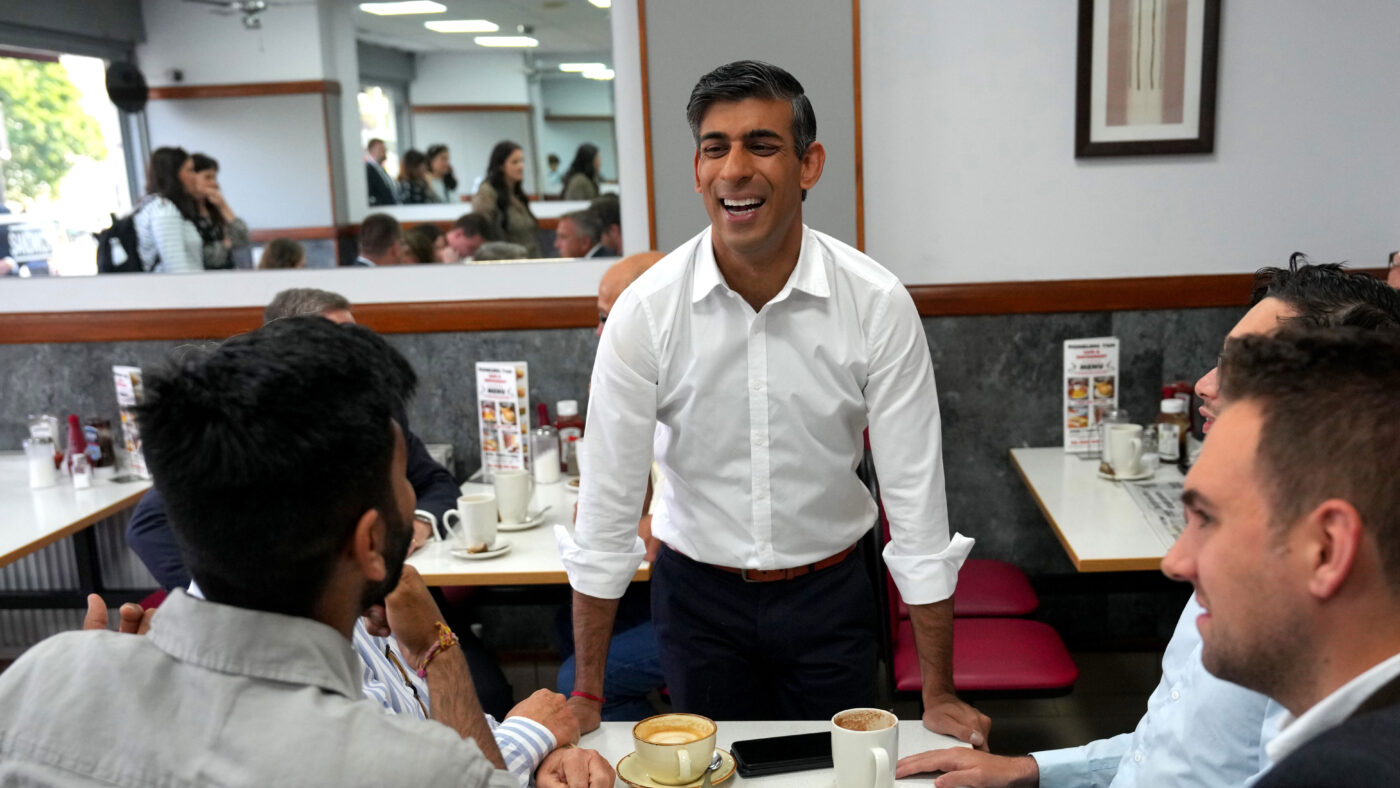You have to squint very hard indeed to make out a hint of Tory recovery in this week’s by-election results. Rishi Sunak had certainly paid a visit to the political optometrist after his party’s ULEZ-inspired victory in Uxbridge & South Ruislip. ‘The Labour Party has been acting like it’s a done deal. The people of Uxbridge just told all of them that it’s not,’ the PM chirped.
Except, of course, that the people of Selby and Somerton had just told him the precise opposite. In once rock solid shire seats, vast Tory majorities were vapourised with the kind of swings we would normally talk about in hushed tones, had they not become so routine since 2019. (Sunak might also reflect on the irony of his party winning in Boris Johnson’s former seat by campaigning against a clean air policy dreamt up by…Boris Johnson.)
Whatever his pseudo-optimism after Uxbridge, reports of another relaunch suggests Sunak knows just how deep in the mire his party is. The reports may vary in their precise detail, but they suggest a full-throated attempt to hammer Labour on gender issues, migration, crime and what David Cameron might have called ‘green crap’.
At first blush, this might seem a sensible enough tack. After all, Keir Starmer has often looked deeply uncomfortable when faced with socio-cultural questions, so why not really push him on them?
But there’s the bigger picture to consider. Sunak has only been in office since the end of October and he’s already pinned his political hopes to his five pledges, all of which deal with voters’ big ticket concerns about small boats, the NHS, and the economy / public finances. Any attempt at a reboot therefore runs the risk of looking not like a fresh start, but a premature admission of failure.
There’s also a whiff of desperation about any kind of ‘go anti-woke or go broke’ strategy, when the whole leitmotif of Sunak’s premiership so far has been restoring calmness, trust and dealing with bread-and-butter issues. And although he actually is quite socially conservative, nothing in Sunak’s political brand suggests he is the right front man for this kind of message.
Then there’s the fact that going after Labour on issues like crime, immigration and Net Zero invites the charge that they aren’t the ones who have been in power since 2010.
None of that means there isn’t plenty for Sunak to attack Labour on though – not least as the public need to know what kind of government Starmer intends to lead.
For while the leader of the opposition may excel at vague soundbites, he often seems shaky when put under any pressure about his own policies. Likewise, Rachel Reeves’ brisk backtracking on plans for £28bn green infrastructure spending showed a distinct lack of surefootedness on what was meant to be a core Labour objective.
There are also huge question marks over Labour’s education policies, not just on taxing private schools but on a whole suite of other policies affecting schools.
And there’s the fundamental question, well articulated by Andrew Willshire, of what the party is for if there is precious little money to spend.
Apparently, Starmer intends to make the theme of this year’s conference speech ‘if not them, why us?’. In the interests of the country as well as their own fortunes, the Tories should surely be asking voters ‘if not us, why them?’.
Click here to subscribe to our daily briefing – the best pieces from CapX and across the web.
CapX depends on the generosity of its readers. If you value what we do, please consider making a donation.


